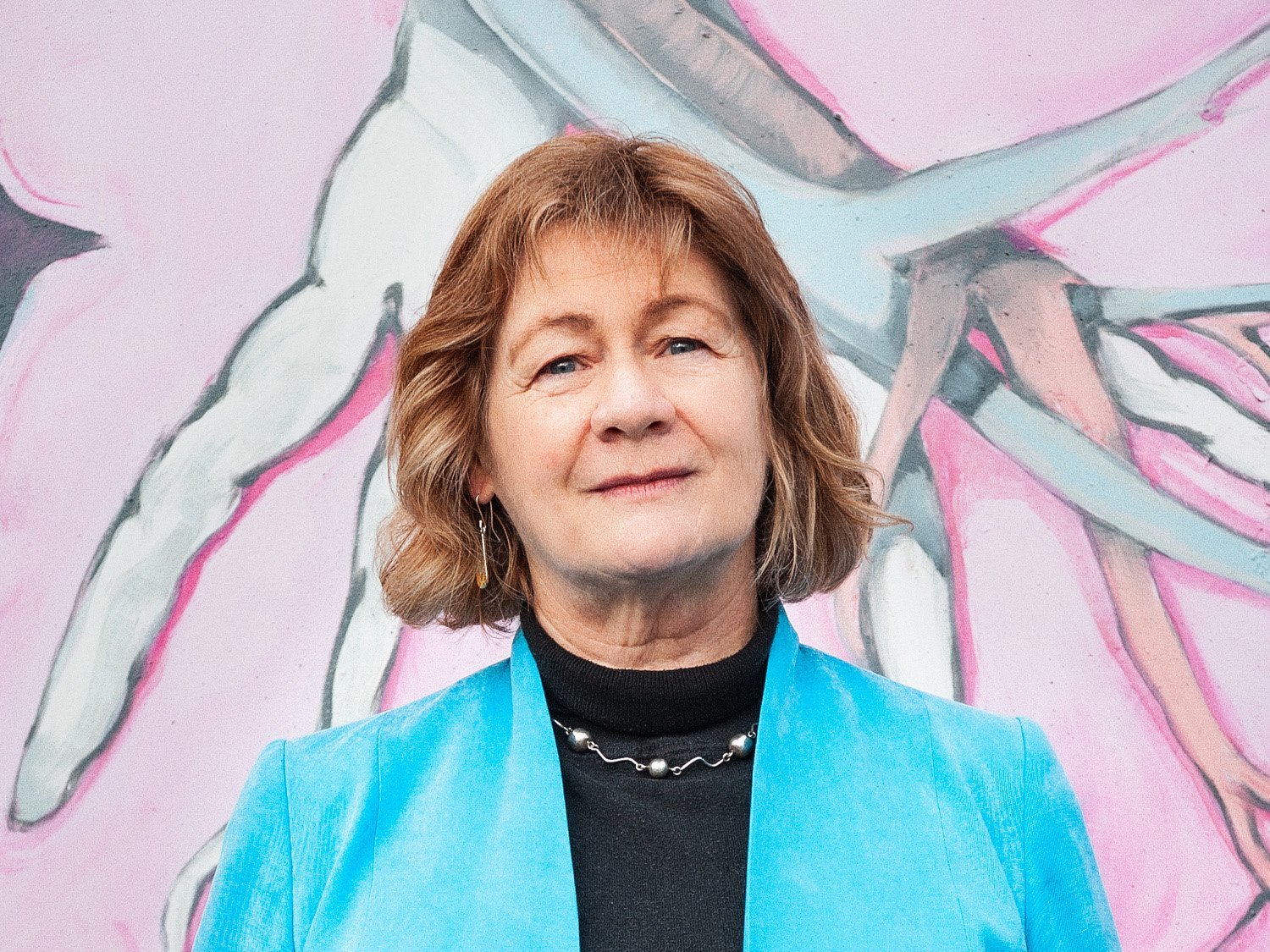
Initially, public health authorities called on the Prime Minister to show some leadership and remove the tobacco and vaping portfolio from New Zealand First.
But now the Public Health Communication Centre Aotearoa (PHCC) wants to go another step further, and have a full investigation into the tobacco industry’s influence on public health policy, and it wants the inquiry to report to the Governor-General — not a minister.
PHCC member, University of Otago Aspire Aotearoa co-director and public health researcher Prof Janet Hoek said the aim of the inquiry was to strengthen regulation of corporate lobbying, to end tobacco companies’ ability to influence public health policy.
She said a recent cache of thousands of documents released following lawsuits against American vaping company Juul raised important questions about the influence tobacco and vaping companies have exerted on public health policy in New Zealand.
The documents suggested there was evidence New Zealand First had engaged "inappropriately" with tobacco companies.
Prof Hoek said the Tobacco Industry Interference Index scored New Zealand highly in 2023, which implied the nation had been able to withstand tobacco industry interference.
However, recent analyses now suggested otherwise, and the Juul documents provided further evidence that reinforced these concerns.
She said the Juul collection contained market surveys and stakeholder maps that discussed strategic business opportunities within New Zealand.
The documents also commented on the politicians or political parties that could enable these opportunities.
One of the documents from August 2018 mentioned New Zealand First leader Winston Peters, in his capacity as acting prime minister during prime minister Jacinda Ardern’s maternity leave.
"[He] randomly criticised how the increases in the tobacco excise tax over the years contributed to the rise in illicit trade in tobacco as well as violence and thefts in ‘dairies’ ... using talking points from Imperial [Imperial Tobacco New Zealand]," the document said.
"This clearly shows that Imperial has worked to solidify its relationship with NZ First."
Another document from February 2019 said Philip Morris International had allegedly "given [a] draft piece of regulation to the government’s coalition partner New Zealand First", and the party had "undertaken to put that draft into the policy mix. This is supposed to be secret".
Another document described Mr Peters as "very powerful. Has a relationship with [Philip Morris International]. Positively disposed. Spoken out against tobacco taxes. Lifetime smoker, now on HEETS [the tobacco sticks used in Philip Morris’ IQOS product].
"Any regulation he [Mr Peters] champions is likely to be very industry friendly and highly geared towards commercial interests in the sector."
The allegations come after NZ First list MP and Associate Health Minister Casey Costello led the repeal of the Smokefree Environments and Regulated Products (Smoked Tobacco) Amendment Act 2022.
It effectively scrapped laws aimed at slashing tobacco retailers, removing 95% of the nicotine from cigarettes and creating a smoke-free generation by banning sales to those born after 2009.
Prof Hoek said the documents suggested tobacco companies viewed New Zealand’s small market as an opportunity to plant policy proposals and talking points at the highest levels of government.
"Aotearoa’s reputation for policy-making integrity is at risk unless we investigate these interactions and improve transparency around lobbying.
"At a minimum, transparency rules must be strengthened so New Zealanders can clearly see when and how industry voices enter the policy arena.
"We owe it to our communities to ensure public health decisions are made in the open, free from the influence of industries that cause health harm."
A PHCC briefing said NZ First’s responses to these claims raised questions that required further investigation.
Last week, Mr Peters said the documents referred to were more than six years old, and the attempt to "attack" NZ First was "old, stale, repetitive and utterly baseless".
Prof Hoek said public health advocates supported the call for an independent inquiry.
"I think there’s actually a real question about integrity of the political process here, and what people want to feel is that politicians are acting in the best interest of the country, not the best interest of the tobacco company," she said.











